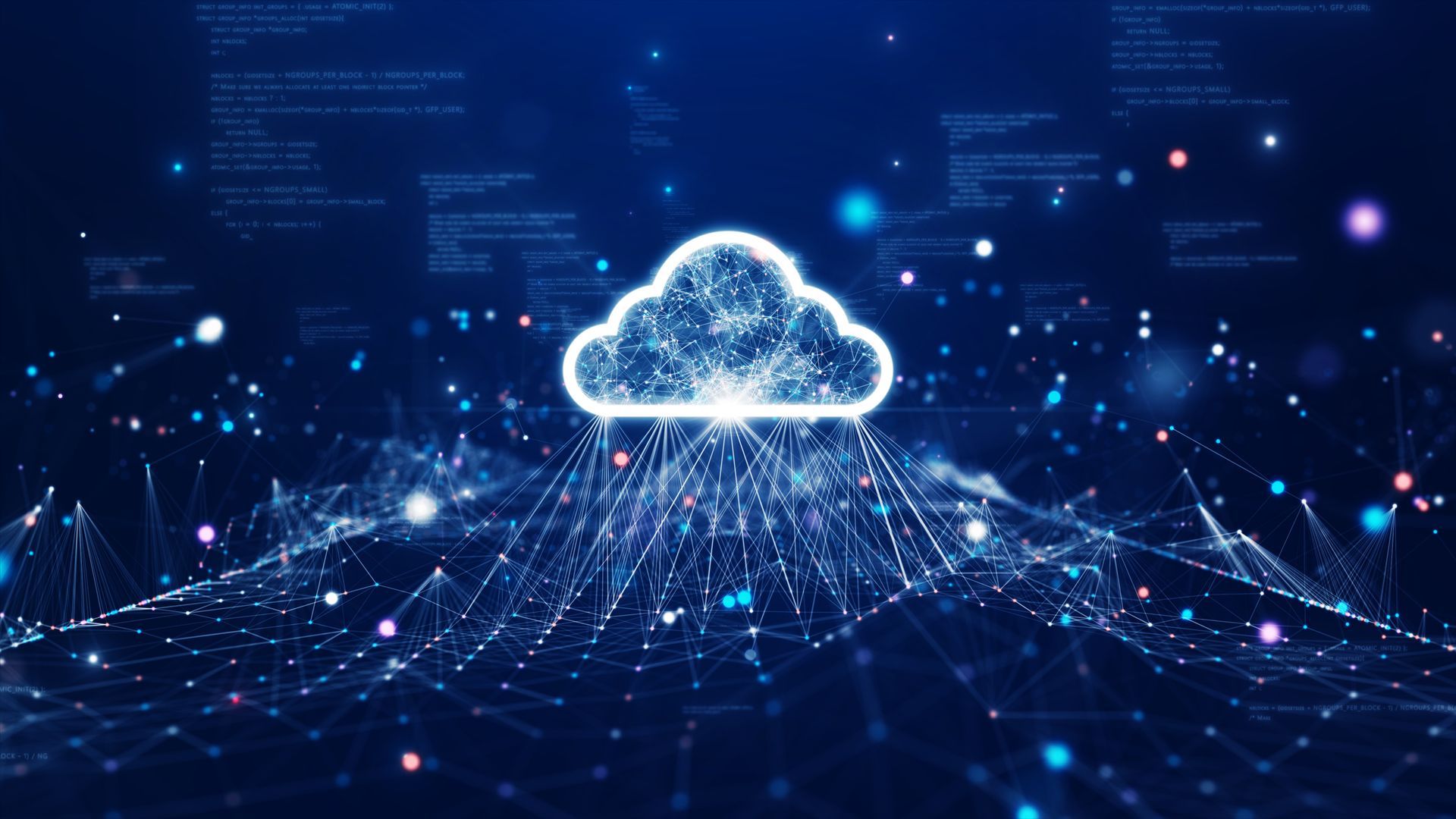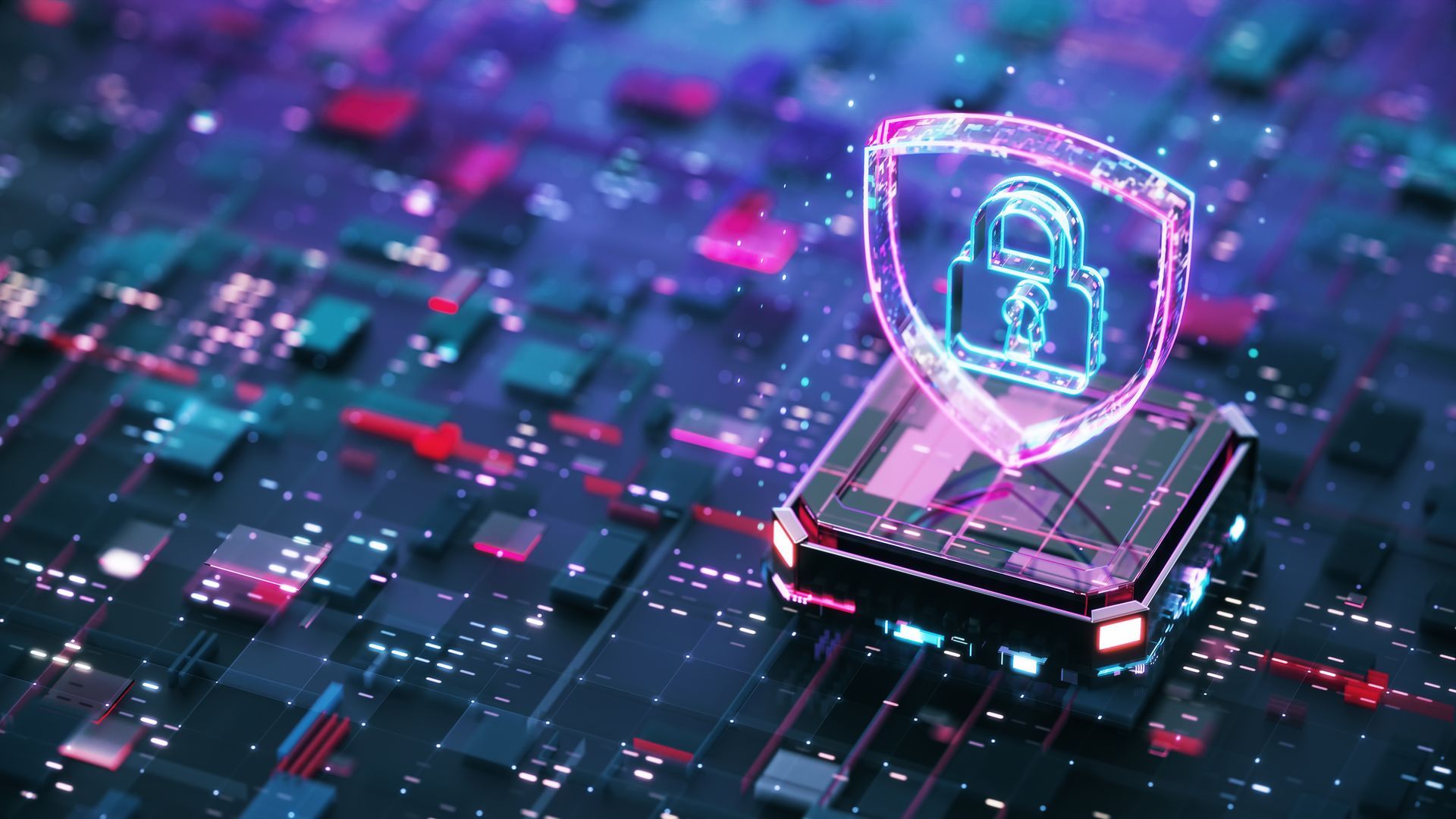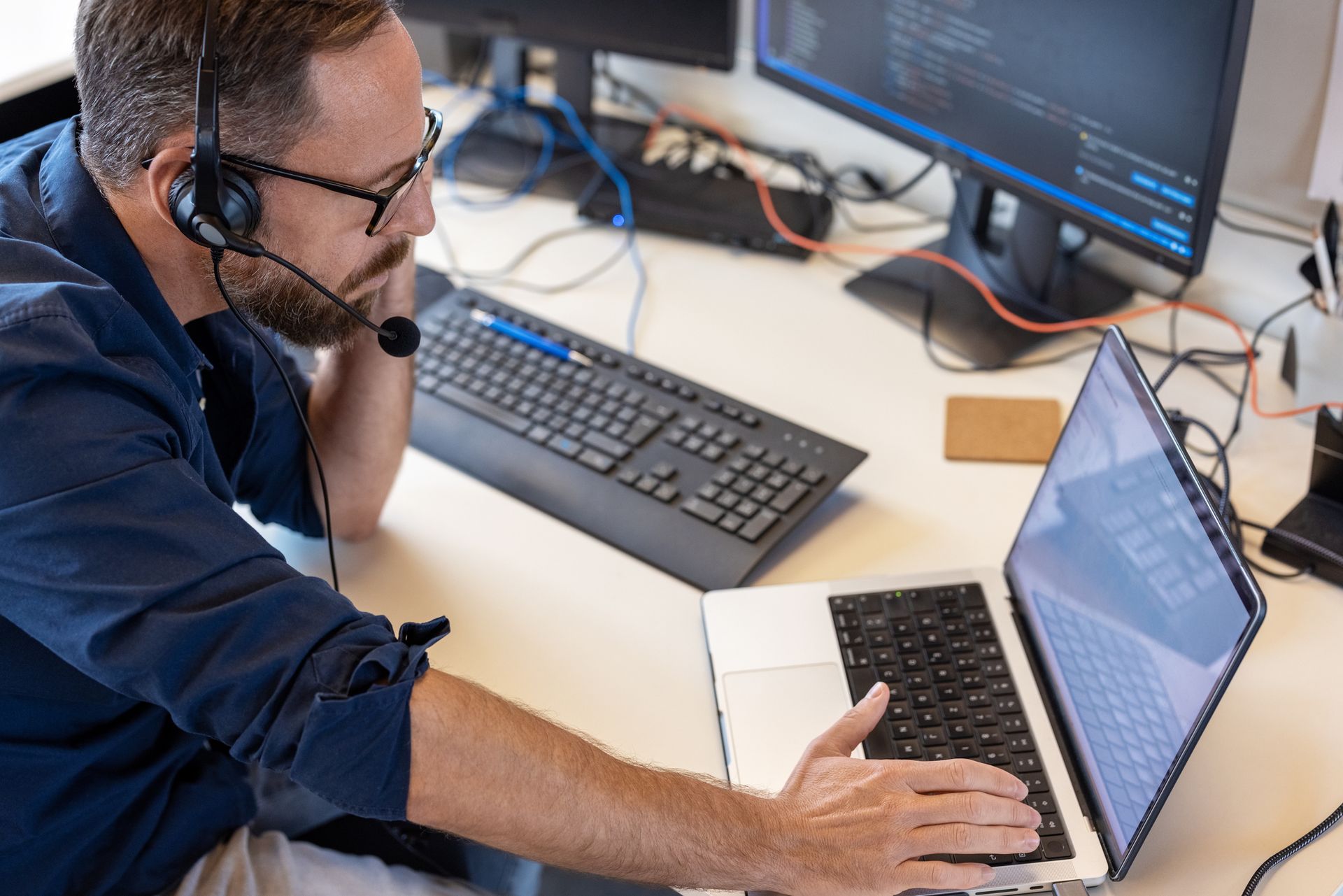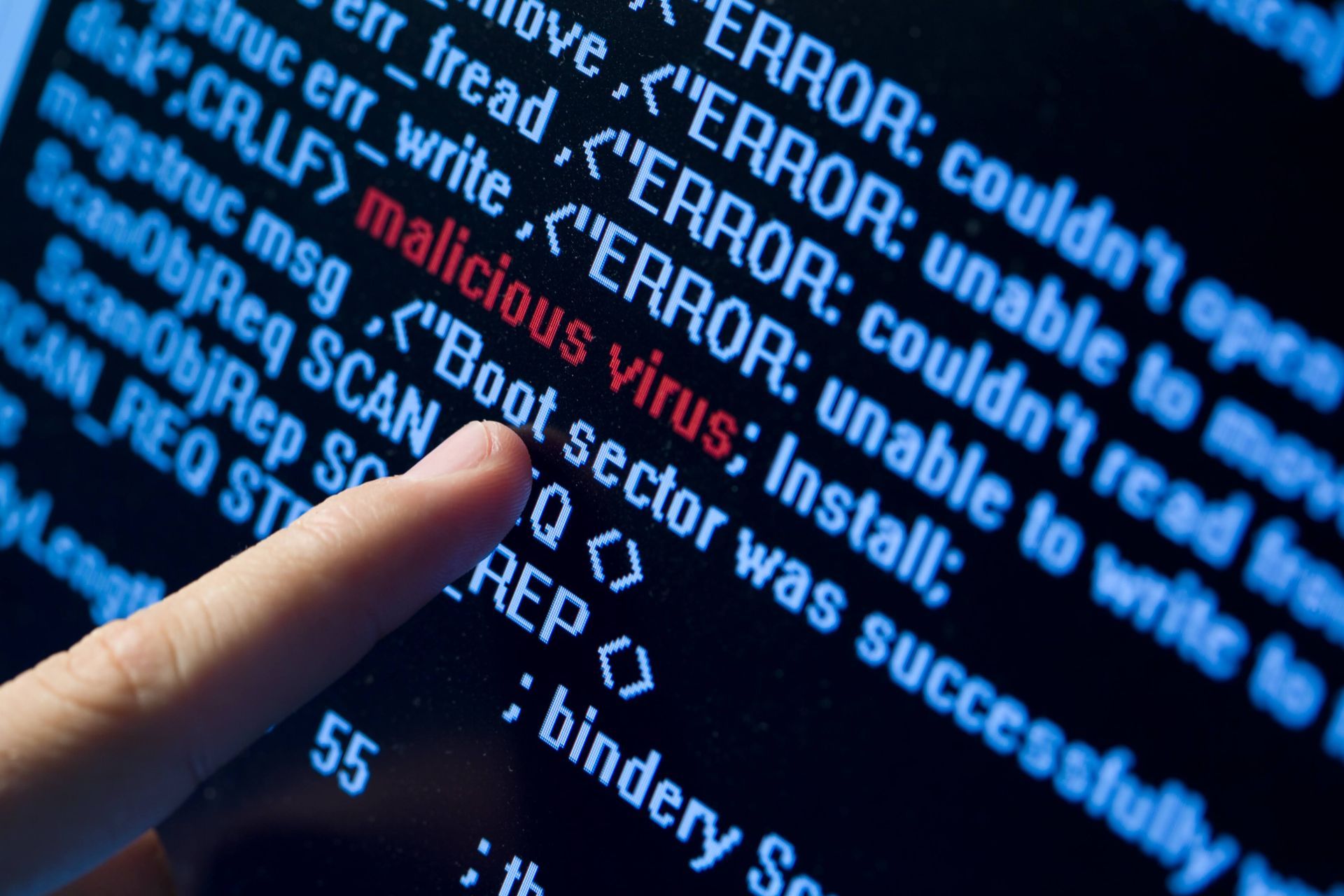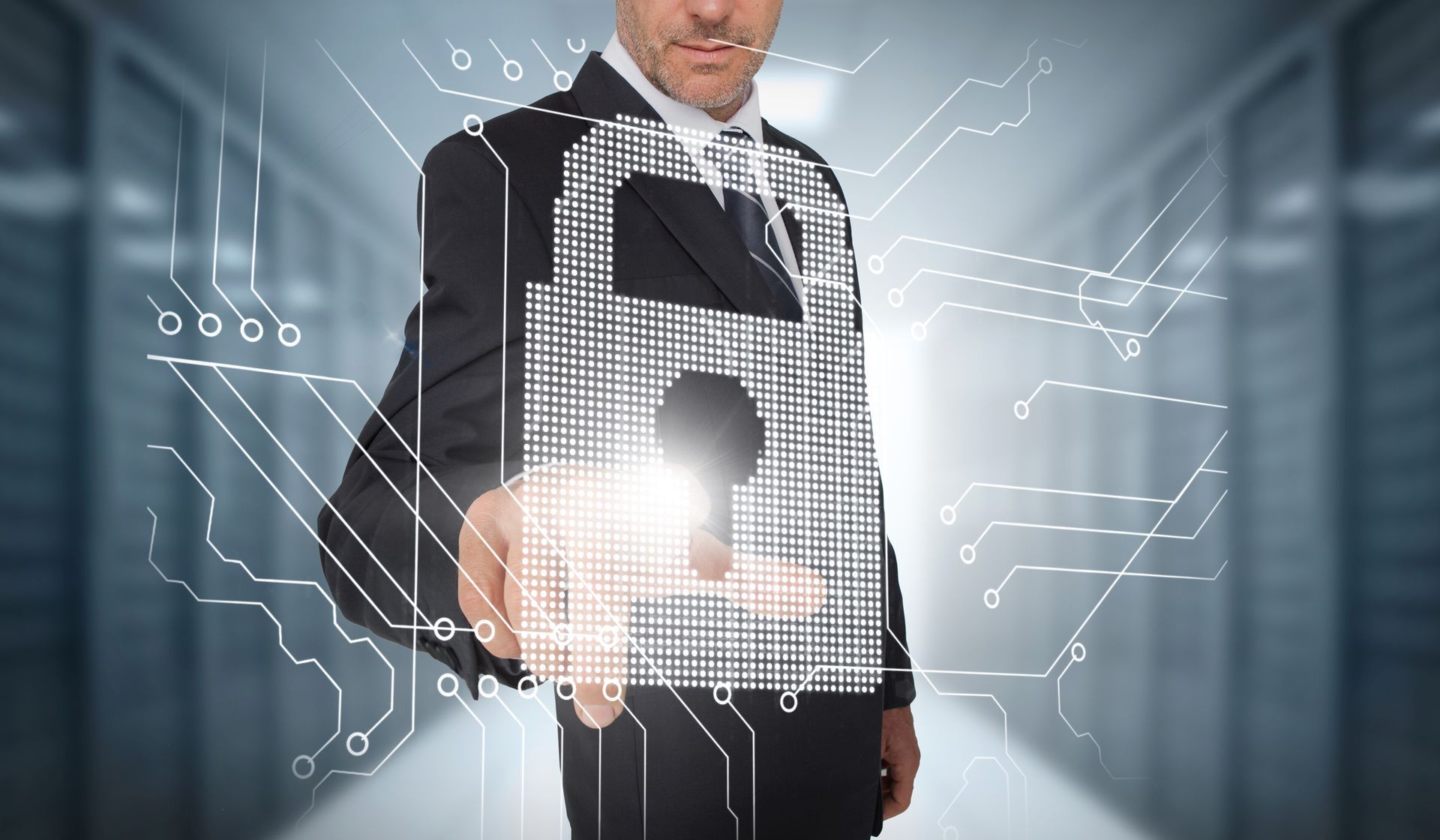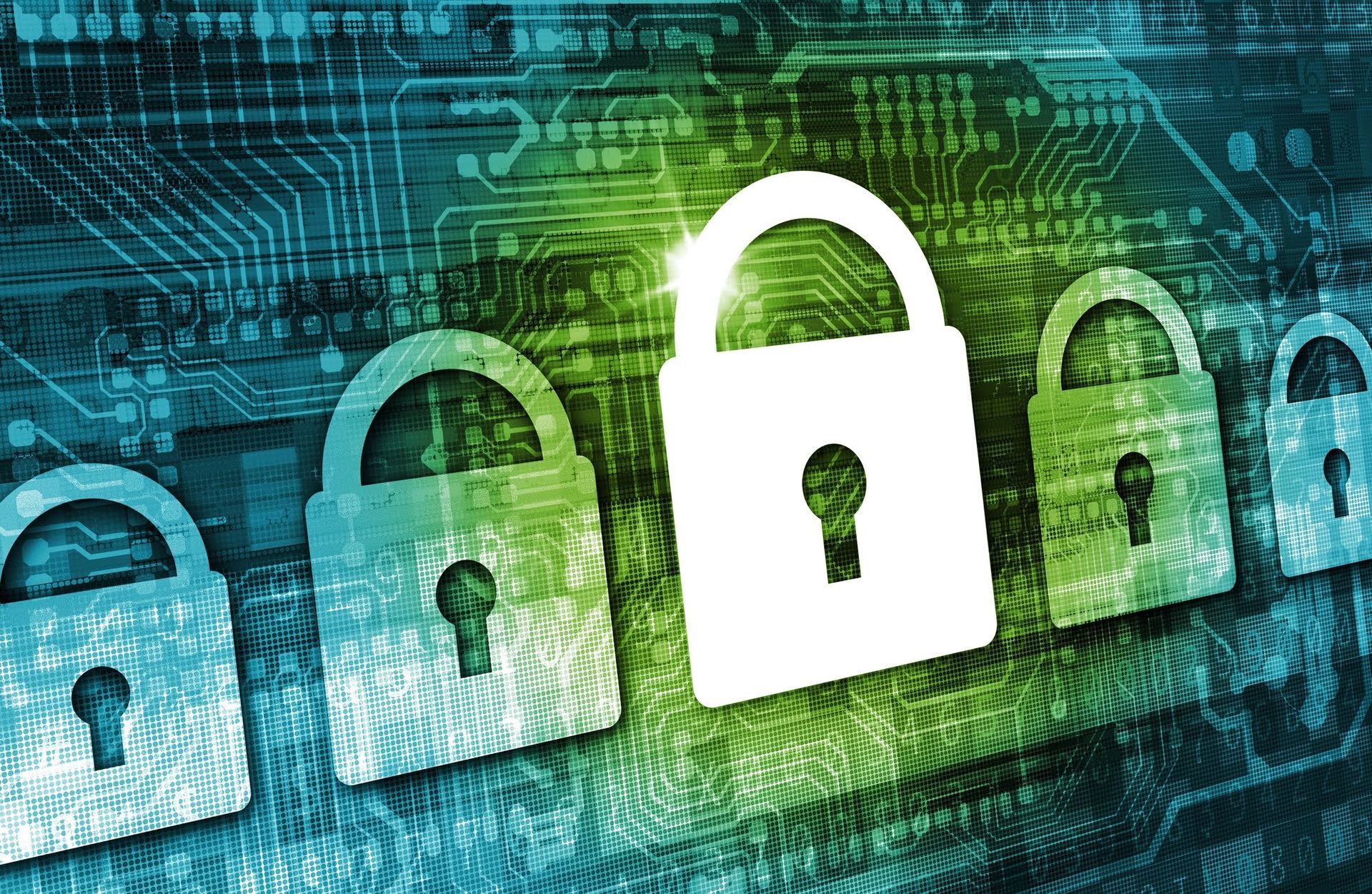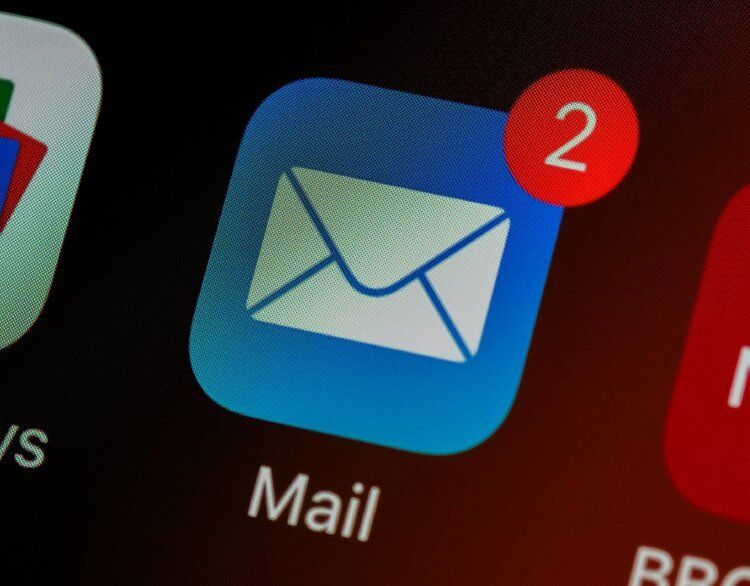COVID-19 AND CYBERCRIME: HOW TO STAY SAFE

Reliance Desktop is closely monitoring the impact of COVID-19 on our customers. We have seen a drastic increase in the number of malicious phishing attacks linked to COVID-19. As many businesses take to working remotely, their employees are relying more than ever on the Internet. Scammers are preying on public fears surrounding COVID-19, as well as exploiting loopholes in security as many employees transition to working remotely on personal devices. Do you know how to protect yourself and your employees?
We've provided essential tips for protecting yourself from COVID-19 phishing scams that could have a devastating affect on your business.
KEEP IN MIND THAT THESE ATTACKS ARE DIFFERENT FROM TYPICAL PHISHING SCAMS.
While most of us are familiar with all the usual ways to spot a malicious email, there are some key factors that make COVID-19 phishing attacks unique.
First, almost everyone is interested in staying up to date with news regarding the virus. This unanimous interest means the average person is more likely to click on a link promising information about COVID-19 than they are to click on traditional phishing scams that are full of red flags (such as “miracle diet pills”, “fast cash loans now", etc.). Even the most well-trained eyes could easily be deceived and click on a malicious link if it masquerades as legitimate news.
Second, a large majority of the workforce is now accessing critical company data on their personal laptops or tablets, rather than on their office computers. Even if all the proper security measures have been put in place on your office computers, your employees’ personal devices could still be unprotected and vulnerable. This means your company data could be compromised if an employee’s personal device is attacked.
WHAT DO COVID-19 PHISHING SCAMS LOOK LIKE?
Most come in the form of emails that promise the latest news and statistics, or a revolutionary new cure for the virus. These dangerous emails may appear to come from the Centers for Disease Control and Prevention (CDC), the World Health Organization (WHO), or business HR departments. Other phishing scams may appear to be from financial institutions with promises of protecting your accounts during these uncertain times.
TIPS TO AVOID THESE SCAMS:
- Do not click on ANY email links. If you are concerned about a seemingly-legitimate email from a particular company, bank, financial institution, or news source, go directly to their secure website and find the information you need. Call your bank directly. Do not follow any email links—no matter how real they appear. Even if it really is a legitimate email, you can always get the same information by going directly to the organization’s website.
- Avoid sensational news. COVID-19 phishing scams are unique in that we are all affected by it, and we all want information. But if a cure-all vaccine sounds too good to be true, it probably is. As you look for updates about the virus, be sure to get your information about COVID-19 directly from legitimate and secure news sites.
- Protect your financial information.
There are lots of changes to taxes, tax refunds, small business loan policies, and government checks this year as the US government responds to COVID-19. If you’re expecting a check to help with COVID-19 costs, don’t let this unique situation dupe you into providing bank account information to the wrong source. As always, never provide login info, passwords, credit card numbers, or other sensitive data. Remember that no bank or government agency will ever ask you for your Social Security Number, credit card number, or bank account.
- Verify before you act. If asked to send money, remit payment, or forward critical company data, always verify the legitimacy of this request before acting upon it—even if it appears to come from a trusted source, client, or boss.
- Do not open file attachments. Just like clicking on a dangerous URL link, opening file attachments could open your computer up to malware that allows the sender to track your login information. If your sensitive company data is on your employees’ personal devices while they work from home, this is a particularly critical time to emphasize not opening any unknown file attachments.
- Protect your data holistically. Private cloud solutions like Reliance Desktop ensure that you NEVER lose your data—even if you do become the victim of malware or a phishing attack. Because Reliance Desktop addresses security holistically, we protect our clients’ data from the ground up in our secure, private cloud, so you never lose your data. If you haven’t addressed your security policy recently, now is a critical time to evaluate what measures you should be taking to protect your data from the ground up.
WHAT WE ARE DOING FOR YOU:
Our team is here to help with the impacts of COVID-19 to your business. We will continue monitoring threats to cybersecurity, and we will make our clients aware of any threats as needed. Additionally, Reliance Desktop is able to help your business comply with quarantine orders with our remote solutions. If you have any specific concerns, please don’t hesitate to reach out to our team via our website, email (info@reliancedesktop.com), or phone at (904) 807-8519. We are here for you.
Photo by: Clint Patterson
